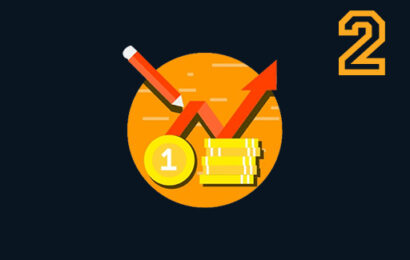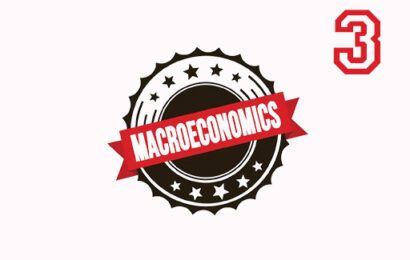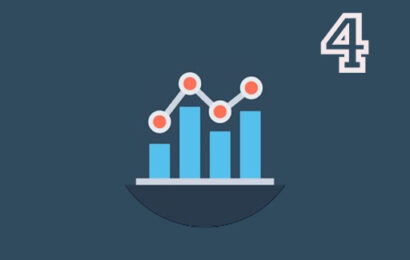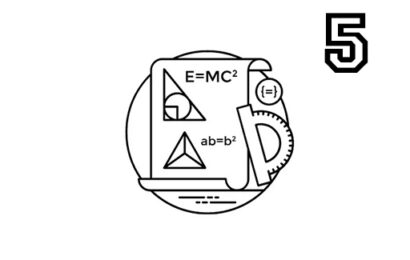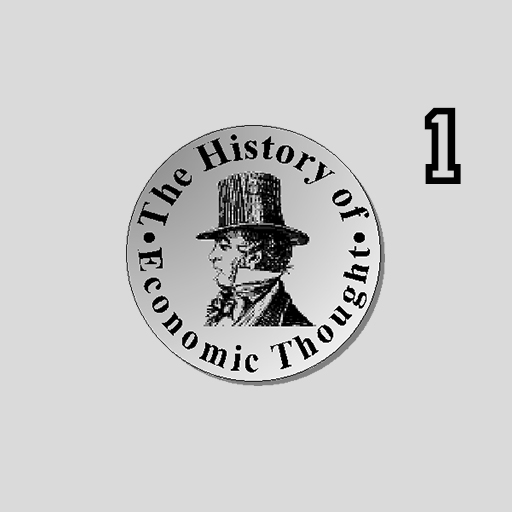
- Quizzes: 10
The history of economic thought traces the evolution of ideas about production, consumption, and distribution of goods and services. Starting from ancient civilizations, where economic principles were based on ethical and philosophical reasoning, economic thought advanced through major schools of thought.
In ancient Greece, philosophers like Aristotle examined the nature of wealth, exchange, and justice. The Middle Ages saw a blend of economic theory with religious teachings, notably by thinkers such as Thomas Aquinas. The Renaissance brought forward early ideas about market economies and wealth creation.
The emergence of classical economics in the 18th and 19th centuries, with figures like Adam Smith, marked a shift toward understanding economies as systems governed by laws of supply and demand, individual self-interest, and the invisible hand of the market. The industrial revolution fueled further developments, as economists like Karl Marx and John Maynard Keynes examined the impacts of capitalism and government intervention.
Modern economic thought, from neoclassical to behavioral economics, has expanded the understanding of decision-making, market imperfections, and public policy. The practical implications of economic theories guide policies on taxation, trade, and development, impacting everything from labor markets to social welfare programs. As such, economic thought continues to evolve, influencing global economic systems and shaping societies.
Curriculum
- 2 Sections
- 0 Lessons
- Lifetime
- Notes0
- MCQ10
- 2.1Ancient and Medieval Economic Thought10 Minutes20 Questions
- 2.2Mercantilism10 Minutes20 Questions
- 2.3Physiocracy10 Minutes20 Questions
- 2.4The Classical School – I (Adam Smith, Ricardo, Malthus)10 Minutes20 Questions
- 2.5The Classical School – II and Critiques10 Minutes20 Questions
- 2.6The Marginal Revolution and Neo-Classical Economics10 Minutes20 Questions
- 2.7Critiques of Classical and Neoclassical Thought10 Minutes20 Questions
- 2.8Institutional Economics10 Minutes20 Questions
- 2.9Keynesian and Institutional Economics10 Minutes20 Questions
- 2.10Indian Economic Thought and Modern Developments10 Minutes20 Questions


